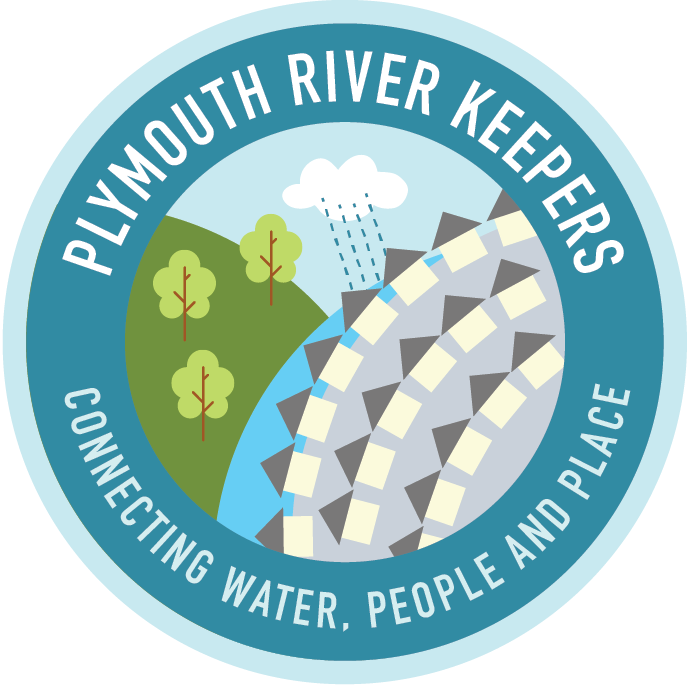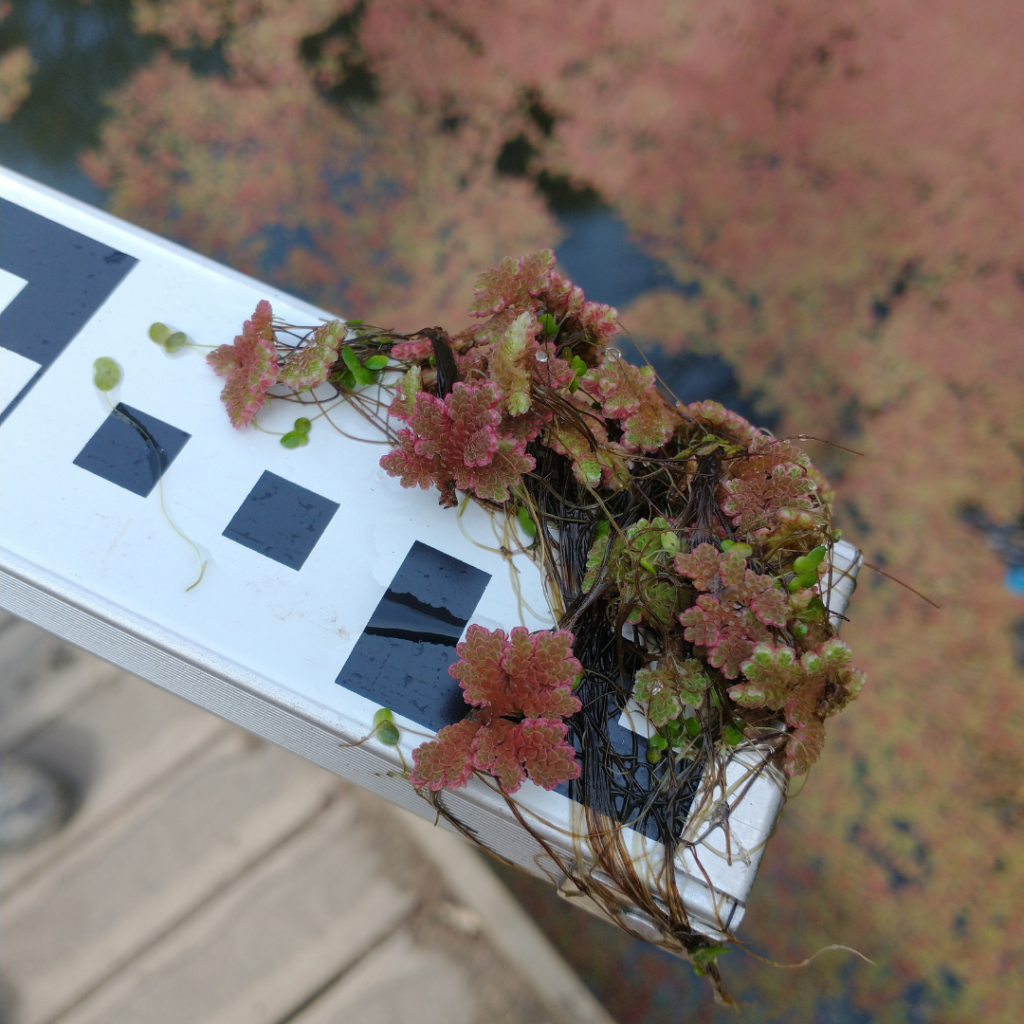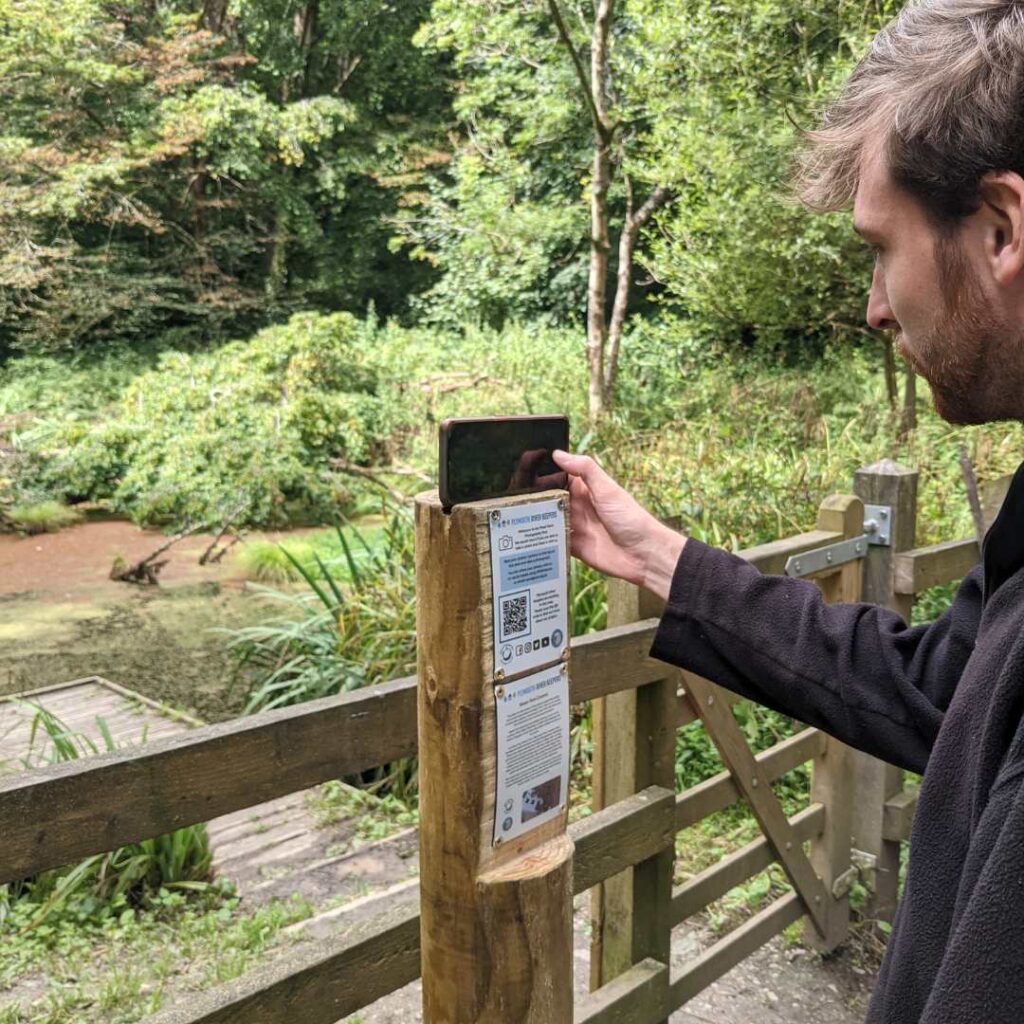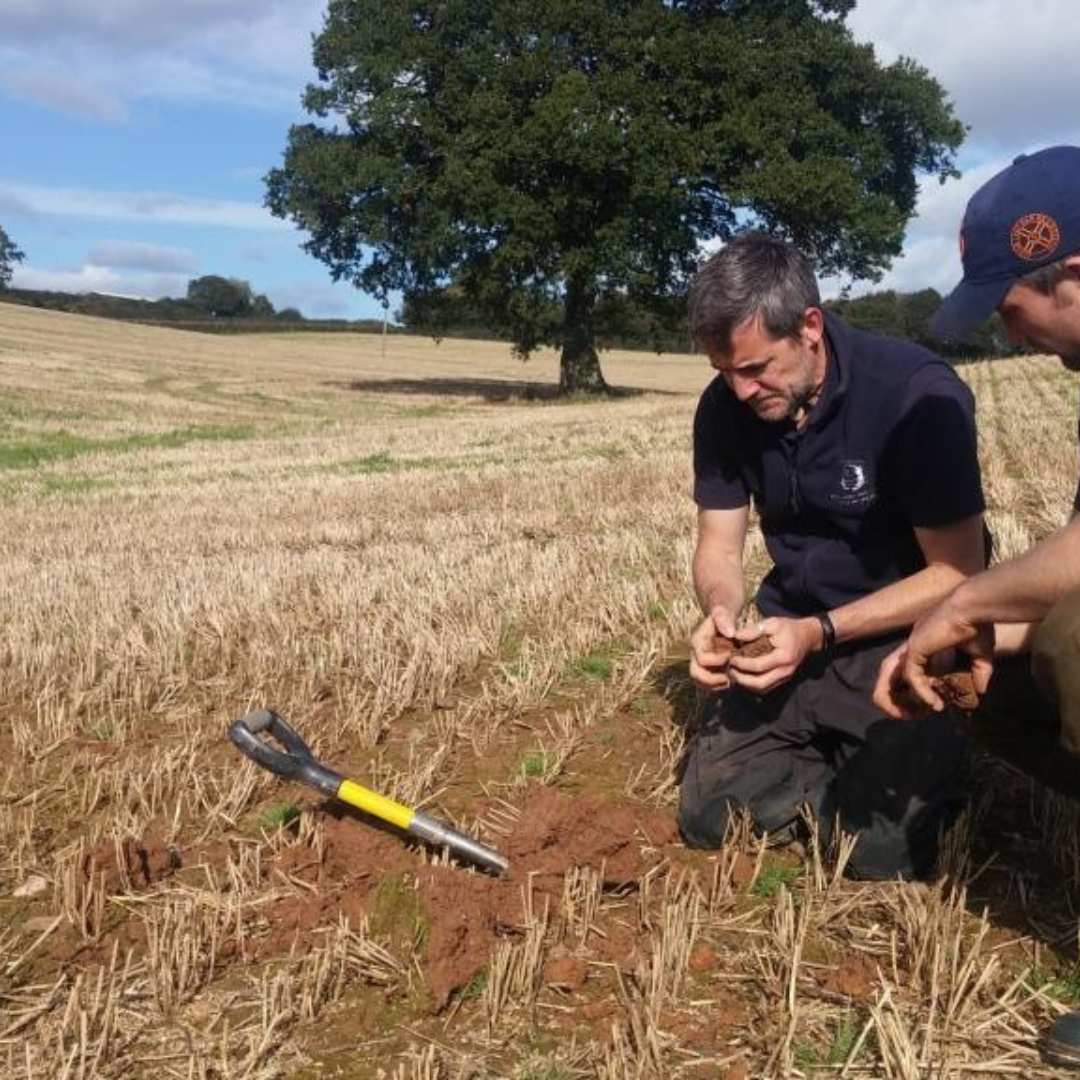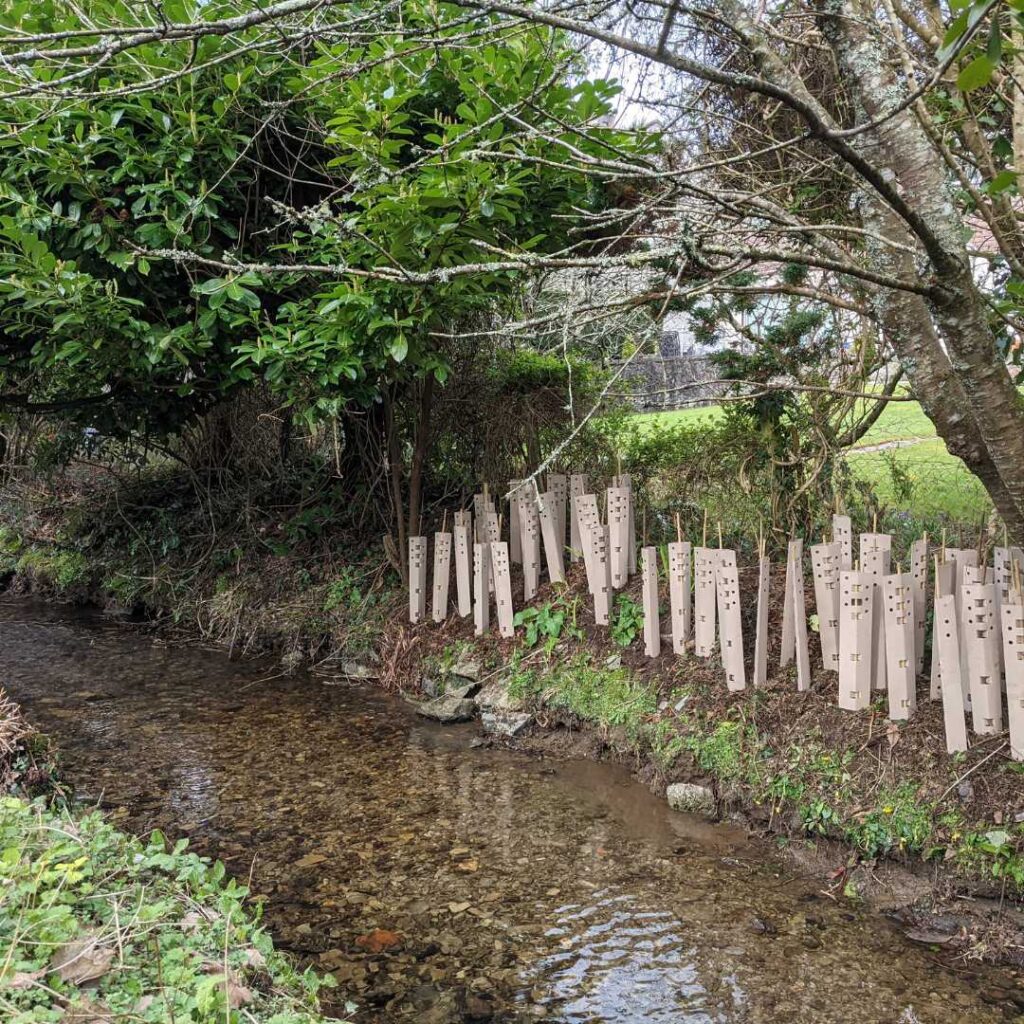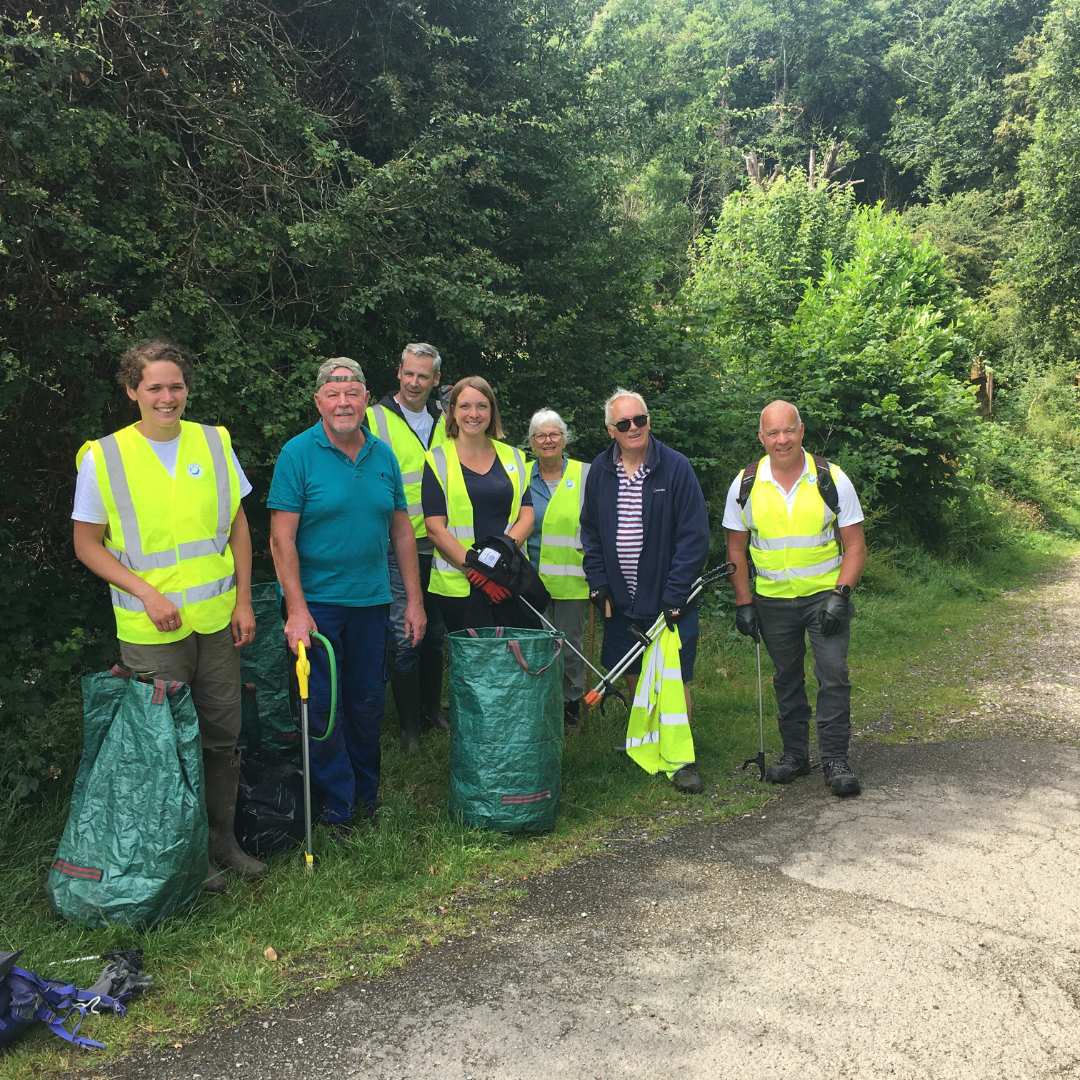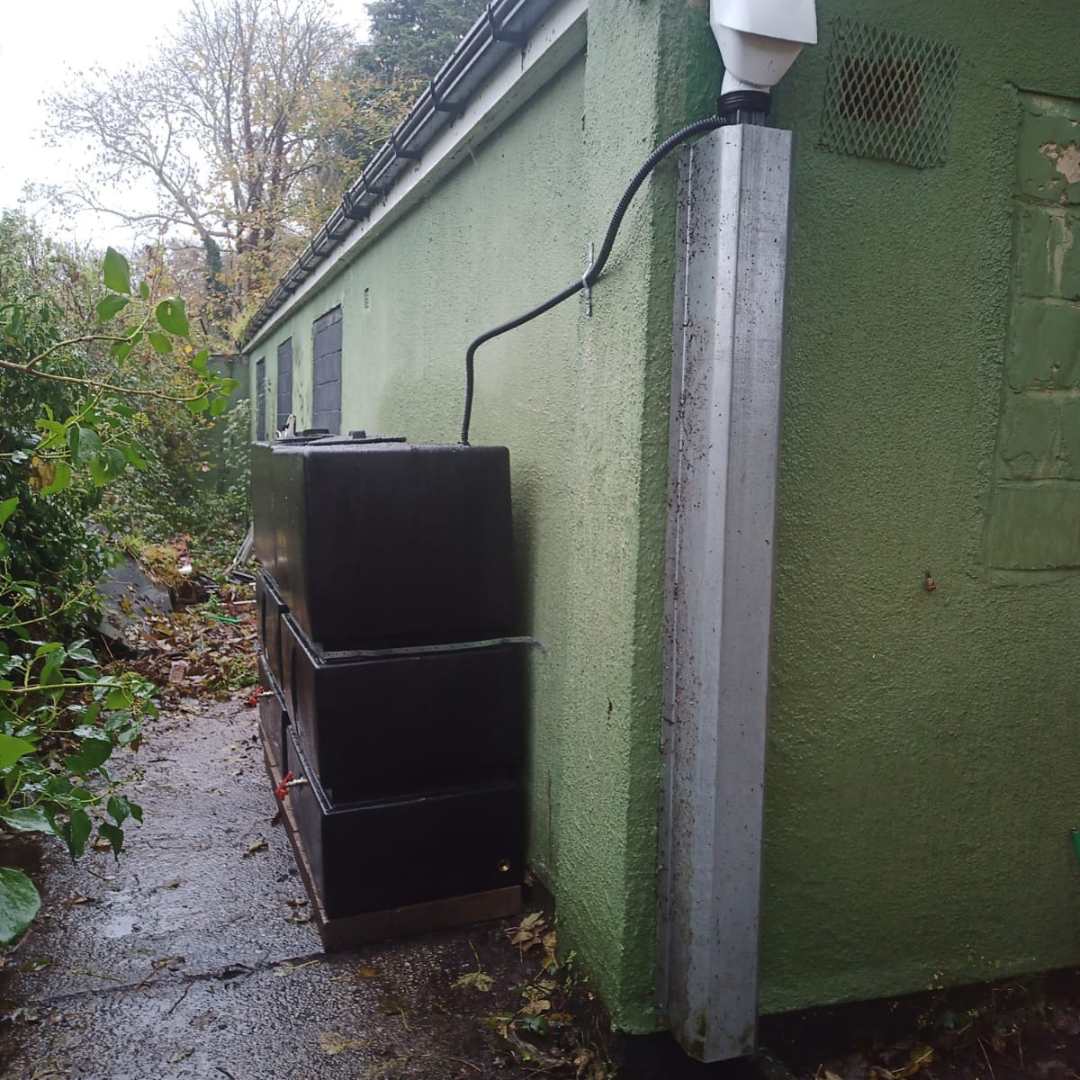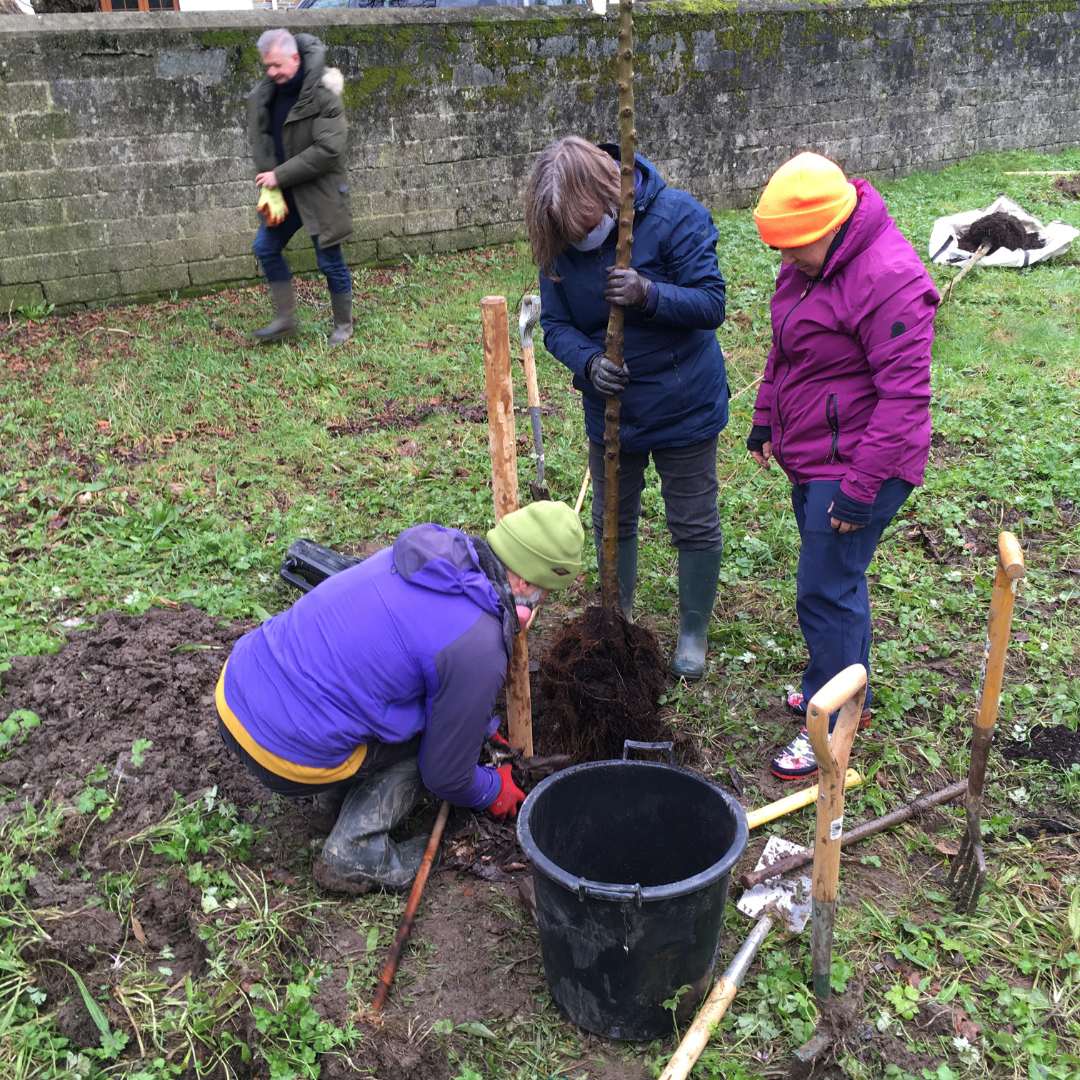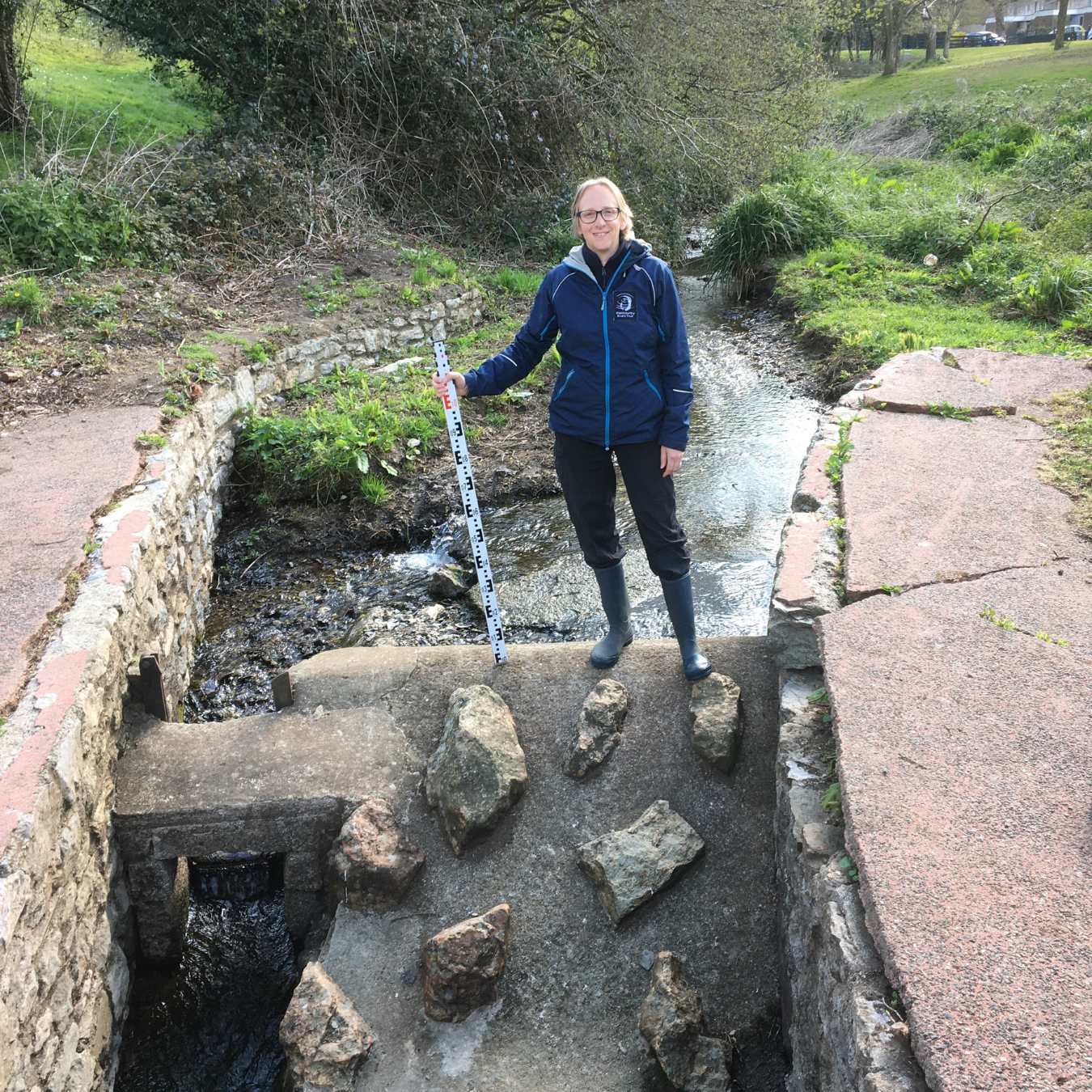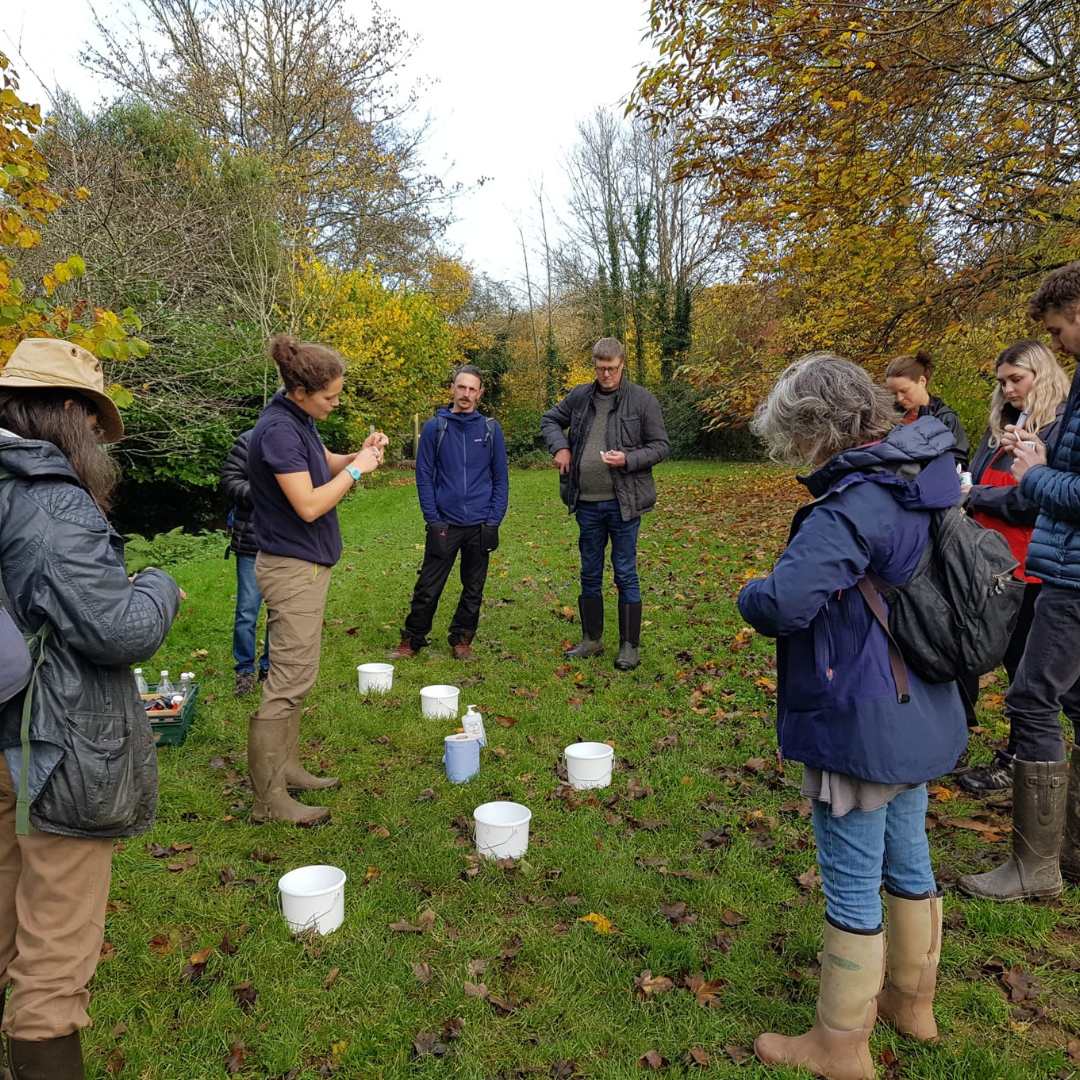This project has now ended
The Plymouth River Keepers (PRK) project ran from 2020 until late 2023.
We worked closely with the communities in Ernesettle, Tamerton Foliot, Southway, Whitleigh, Widewell, Honicknowle, Derriford West and Crownhill, and Manadon and Widey.
Although the project has closed, Westcountry Rivers Trust will be delivering legacy works in the area.
These include:
- aftercare for trees planted in Tamerton Foliot.
- removal of ecoplugs added to laurel stumps for non-native invasive species control and to avoid leaving plastic in the environment.
- laurel removal works required to be undertaken outside of the bird-breeding season
We will be sharing our final report soon to highlight what we have achieved for nature with people living locally.
Our Project Outputs
A Snapshot of Our Impact
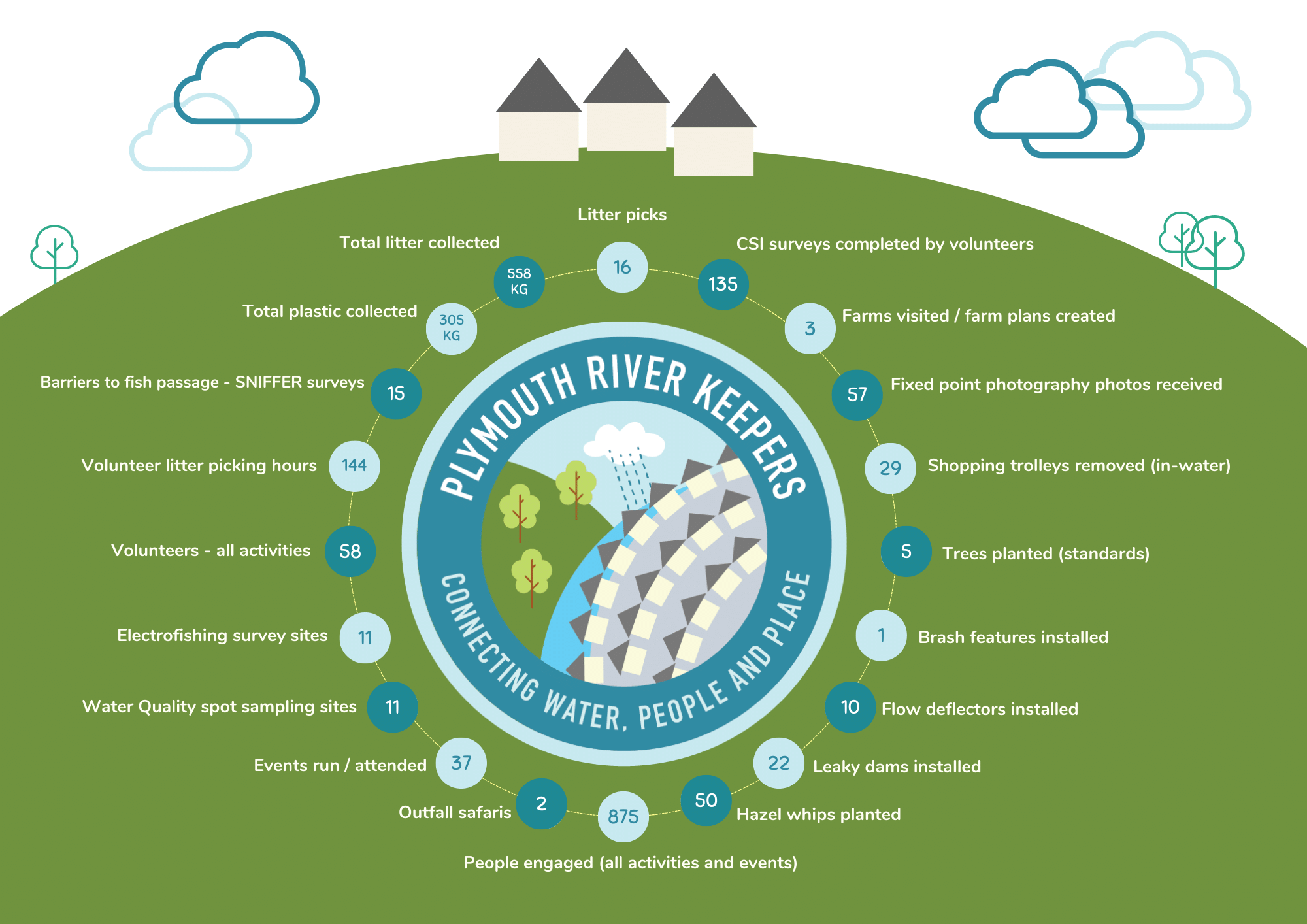
Project Updates
2023 Ongoing Work
In 2023, the River Ops team undertook shade management alongside the streams in Woodland Wood and Budshead Wood through the removal of non-native invasive plant species, including laurel and rhododendron. Rivers and streams need an adequate supply of sunlight to support their productivity and their complex food webs. Shade management creates areas of light to increase productivity as well as areas of shade to provide refuge for fish from direct sunlight and high water temperatures.
Following on from our 2021-22 fish surveys, we carried out more in 2023. We did this to assess the impact of barriers to fish passage on populations and to inform the effectiveness of the works undertaken. These surveys are semi-quantitative and will allow an accurate count of the number of fish present, including species, size and age.
June 2023
In 2021 and 2022 our River Ops team worked with community volunteers to remove the invasive non-native plant species Himalayan Balsam from Whitleigh Wood. Following a site visit in June 2023, very little Himalayan Balsam was identified and any found was removed by our River Ops team before it had chance to set seed. Therefore no further Himalayan Balsam events needed to be held due to the successful reduction/potential eradication of the plant in the woodland.
Early 2023
Community volunteers joined the PRK team in early 2023 in Tamerton Foliot to plant three native trees in a community green space. Two further trees were donated to local residents and planted by the PRK team in their gardens to enhance the bankside habitat of the Tamerton stream. PRK will continue regular aftercare for these trees until the end of summer 2024 to ensure that they thrive in their new home.
December 2022 – An Outfall Safari in the Woods
Our first Outfall Safari in Budshead Wood Local Nature Reserve has been a great success.
Eleven volunteers from the community joined us in December 2022 to visually assess and report on surface water outfalls within the Reserve.
The outfall safari method has been designed by the Zoological Society of London, the Environment Agency and other partners. It allows for locating, assessing the impact of, and reporting polluting surface water outfalls.
In addition to the outfall safari, the volunteers used kits from our Westcountry Citizen Science Investigations river monitoring scheme to test for phosphates, nitrates and ammonia. These can all indicate pollution linked to humans or farm animals, for example from cleaning chemicals and sewage.
This is important work in the PRK area and ties in with the project’s wider work understanding surface water drainage misconnections from households and the industrial estates (e.g., when dishwashers, washing machines are incorrectly plumbed into the surface water drainage system, which can lead to detergents and other household chemicals to flow directly into the streams). By finding these misconnections, the root cause can be addressed which will lead to fewer pollution incidents and higher overall water quality.
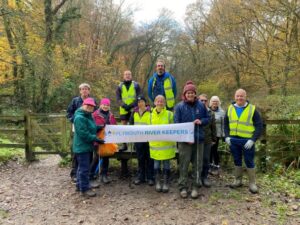 Project officer Jenny Wytcherley said: “The volunteers learnt about the surface water outfall system, different types and sources of pollutants and the negative effects they can have on wildlife and water quality.
Project officer Jenny Wytcherley said: “The volunteers learnt about the surface water outfall system, different types and sources of pollutants and the negative effects they can have on wildlife and water quality.
“This led to some interesting and insightful conversations during the walk around Budshead Wood and we are looking forward to our next outfall safari which will take place very soon.”
To find out more about Outfall Safaris, head to: https://catchmentbasedapproach.org/learn/outfall-safari-guide/ and visit our events page for future Outfall Safari dates.
October 2022
The PRK team have been working with the Plymouth Natural Grid team (Plymouth City Council and the National Trust) to install leaky dams and flow deflectors in Budshead Wood and Woodland Wood.
Read more via wrt.org.uk/leaky-dams-help-slow-leaks-in-plymouth/
2021 – 2022 Ongoing work
Our Fisheries Team conducted fish surveys in the PRK area using the electrofishing method, with 11 sites throughout the catchment surveyed in 2021. Eight sites were surveyed in 2022 (reduced surveys due to low flows and drought conditions).
These surveys assess populations of Salmon, European Eel and Brown/Sea Trout (these species are known as salmonids). European Eel and Brown Trout were identified at a number of sites, although Salmon were absent from all sites. The surveys demonstrate the importance of these small urban streams for salmonids, despite the presence of significant barriers to fish migration and poor water quality.
August 2021
PRK, working closely with Plymouth City Council and the local community, have released weevils into Budshead pond to help fight the invasive Water Fern. Read the full story here: Non-native weevils help to clear Budshead pond of an invasive plant. | Westcountry Rivers Trust (wrt.org.uk)
July 2022
Hear from our project volunteer and citizen scientists Nick about why being involved is important to him: wrt.org.uk/my-experience-as-a-westcountry-csi-volunteer-for-the-prk-project/
Summer 2021
Community events – PRK has teamed up with our colleagues on the Preventing Plastic Pollution (PPP) project and Westcountry CSI to run a number of community events throughout the PRK area. These include litter picks and pop-up events, giving local communities the opportunity to learn more about the wildlife that lives in the streams, watch Westcountry CSI demonstrations, take part in river themed crafts and enjoy River Stories from a Storyteller. Find a full list of the events here: Events | Westcountry Rivers Trust (wrt.org.uk)
June 2021
Non-native Invasive Species (NNIS) Surveys – Our River Ops Team has started non-native invasive species (NNIS) surveys in the PRK area, and so far identified Himalayan Balsam, Japanese Knotweed, Laurel, Bamboo, Rhododendron and Water fern (Azolla filiculoides).
Over the course of the PRK project, we’ll be tackling the non-native invasive species to improve the habitats for our native wildlife.
We removed a large area of Himalayan Balsam from Whitleigh Wood (a Woodland Trust wood) at a Himalayan Balsam Bashing community event, and identified a further area of Balsam for a future event.
May 2021
Lucie, a Plymouth University Student currently on placement with us, speaks about undertaking water quality monitoring within the PRK catchment. Read the full post here: Day in the life of a river scientist in Plymouth. | Westcountry Rivers Trust (wrt.org.uk)
April 2021
Our Fisheries Team has completed the first phase of SNIFFER surveys at 15 fish migration barriers in low flows. The Team will be returning to the catchment in autumn/winter 2021/22 to undertake the second phase of high flow SNIFFERS. The results will help us to prioritise which barriers should be removed through PRK.
The SNIFFER protocol is a technique developed by the Scottish and Northern Irish Forum For Environmental Research (SNIFFER) and looks in-depth at barriers (such as weirs and culverts) to give expert judgement of its “pass-ability” in terms of different migratory fish species.
Feb 2021.
Our wildlife and resident/organisation surveys are now closed. We will be sharing findings from these in the coming weeks. More soon.
Our Reports
Plymouth River Keepers has aimed:
- to prevent pollution incidents and improve water quality
- to protect the streams for wildlife and current and future generations
- to ensure the places where streams flow are ones people can enjoy, now and in future
- to embed water environment caretakers in communities
- to inspire a local love for water across the UK
Monitoring data we collected relating to plastic has been shared with our sister project, Preventing Plastic Pollution.
blank
Plymouth River Keepers - background story
The Tamerton Stream near Plymouth has suffered several pollution incidents over the years.
In August 2016, a pollution incident caused by the build-up of commercial-use wet wipes created a blockage in the sewerage pipe. When this happens, untreated sewage is released into the nearest waterway.
This pollution incident had a substantial impact on the stream, unfortunately killing more than 80 brown trout.
As a result of this incident, an Enforcement Undertaking (EU) was agreed by the Environment Agency with South West Water (SWW) to the value of £350,000.
To help improve the area, SWW used this EU to enable Westcountry Rivers Trust to conduct work to improve the urban watercourses in the Plymouth area, particularly the Tamerton stream,* which has led to the creation of the Plymouth River Keepers (PRK) project.
WRT has often worked with communities to achieve positive results for people and nature and recognises community involvement is vital to the success of PRK. We worked with the Bioregional Learning Centre (BLC) in the early stages of the project to support community engagement.
This three-year project (2020-2023) aimed to show the benefits (health, wellbeing, environmental) that individuals, groups and businesses can gain from connecting water, people and place in this location.
WRT aimed to undertake the following actions, which are designed to increase the recovery in fish populations and restore, and improve the resilience of, local streams via engagement with people from the local community:
Baseline data collection (to inform which further surveys are required and potential works to be undertaken):
- Baseline ecological surveys by WRT Evidence and Engagement Officers.
- Water quality sampling by WRT Evidence and Engagement Officers.
- Fish surveys (including electrofishing) by WRT River and Fisheries Officers.
Potential works:
- Litter/ debris removal – to be run as community engagement activities, led by WRT/other.
- Removal of invasive non-native plant species – to be run as community engagement activities, led by WRT/other.
- Areas of bankside erosion to be improved by allowing access to the river via hardstanding, to increase the connection to the water.
- Targeted coppicing to reduce shading in appropriate areas and improve the productivity of the watercourse.
- Investigations of barriers to fish passage to determine the severity of each barrier and to assess the potential for their removal.
Citizen Science:
- Westcountry CSI (Citizen Science Investigations) – monitoring the river for a variety of reasons such as problem plants to pollution.
- Riverfly surveys – recording freshwater invertebrates to assess the water quality.
Promotion:
- WRT will promote engagement opportunities, while overseeing public communications for the project.
* The Environment Agency is responsible for enforcing laws that protect the environment. An EU is a voluntary offer of funds from the responsible party to remedy the effects of an incident such as the pollution incident on the Tamerton Stream. In addition to the EU, South West Water has since cleansed the main sewer line that runs through the woods and this should help reduce the likelihood of any further pollution incidents.

